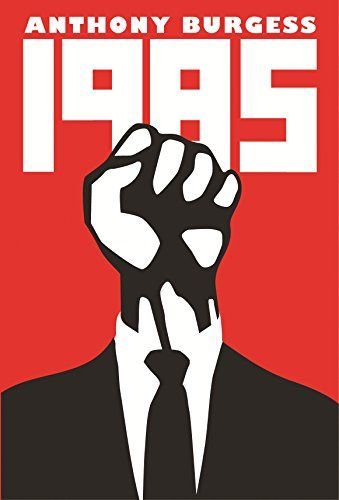
Nineteen Eighty-five
In characteristically daring style, Anthony Burgess combines two responses to Orwell's 1984 in one book. The first is a sharp analysis: through dialogues, parodies and essays, Burgess sheds new light on what he called 'an apocalyptic codex of our worst fears', creating a critique that is literature in its own right.Part two is Burgess' own dystopic vision, written in 1978. He skewers both the present and the future, describing a state where industrial disputes and social unrest compete with overwhelming surveillance, security concerns and the dominance of technology to make life a thing to be suffered rather than lived.Together these two works form a unique guide to one of the twentieth century's most talented, imaginative and prescient writers. Several decades later, Burgess' most singular work still stands.
Reviews
Emmett@rookbones